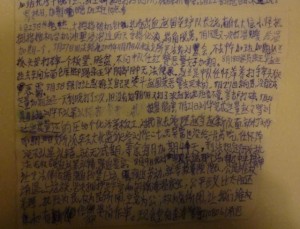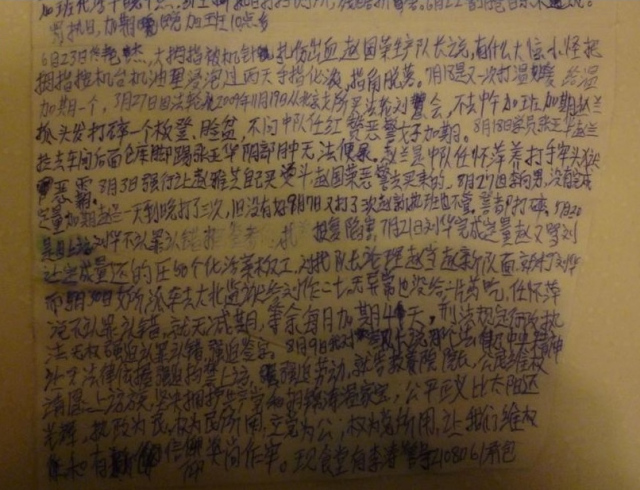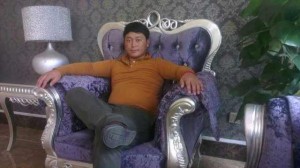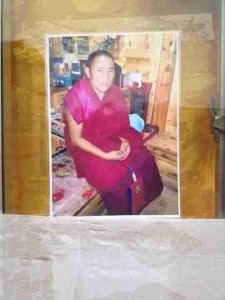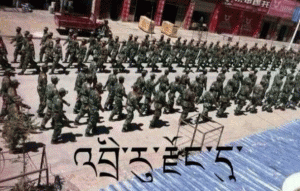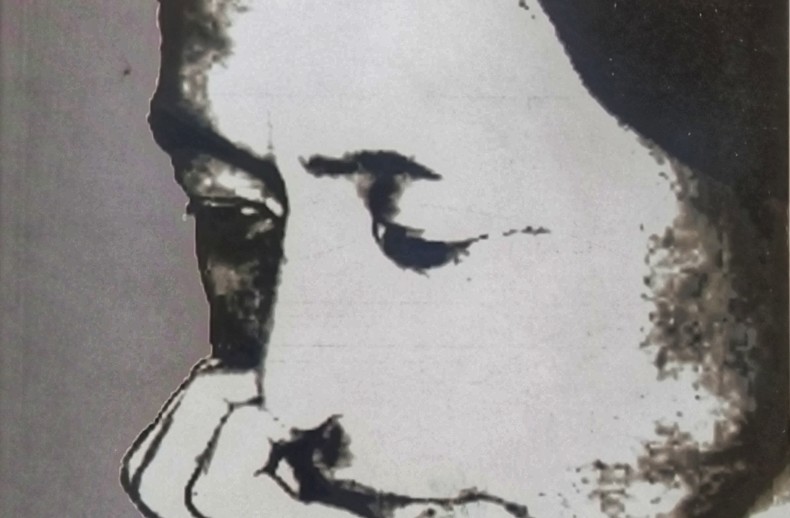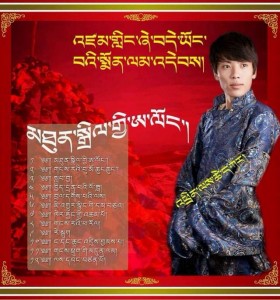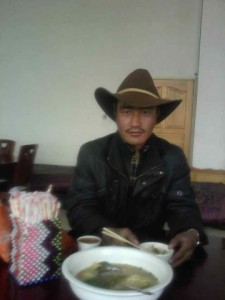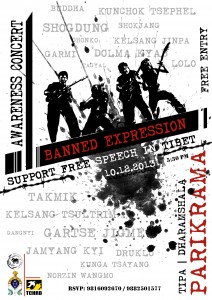 On 26 December 2013, China held a grand celebration to commemorate the 120th birthday of Mao Zedong (毛澤東). This involves a careful balance for Xi Jinping and other members of the Chinese Communist Party, who hope to exploit Mao Zedong’s rhetoric and status without endorsing his policies or ideology, both of which are contrary to the PRC’s current policies and announced reforms.
On 26 December 2013, China held a grand celebration to commemorate the 120th birthday of Mao Zedong (毛澤東). This involves a careful balance for Xi Jinping and other members of the Chinese Communist Party, who hope to exploit Mao Zedong’s rhetoric and status without endorsing his policies or ideology, both of which are contrary to the PRC’s current policies and announced reforms.
In Tibet, there is no contradiction between Mao Zedong’s legacy and his policies. Both were brutal and led to mass arrests, death, and destruction in Tibet. While the PRC quietly distanced itself from some of Mao Zedong’s worst policies after his death in 1976, many continue to cast a shadow over Tibet.
For the next 26 years since PRC’s invasion of Tibet in 1949, Tibetans were subjected to horrific, inhumane conditions. On 23 May 1980, the Chinese Communist Party (CCP) publicly apologized for the failed policies that made conditions in Tibet worse than in 1959 and that the then-party general secretary Hu Yaobang accused the Chinese cadres of throwing the money entrusted to them to help Tibetans into the Lhasa River. Despite this acknowledgement, many of the most brutal and destructive policies from Mao’s rule still continue today.
